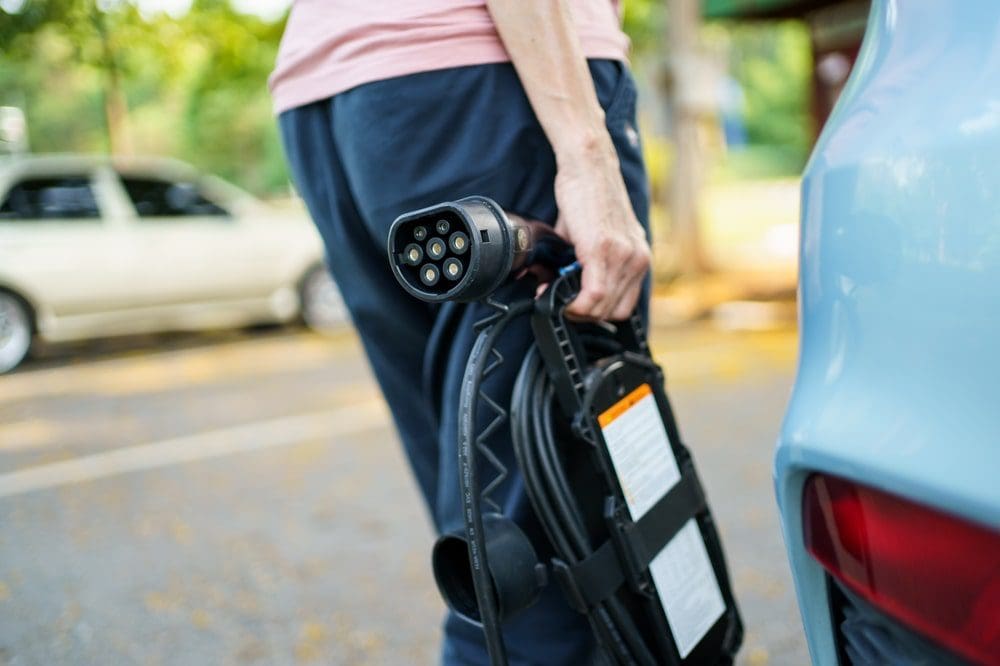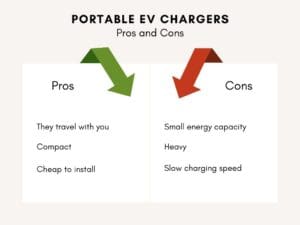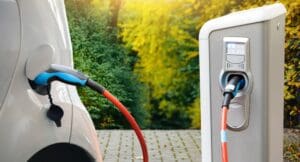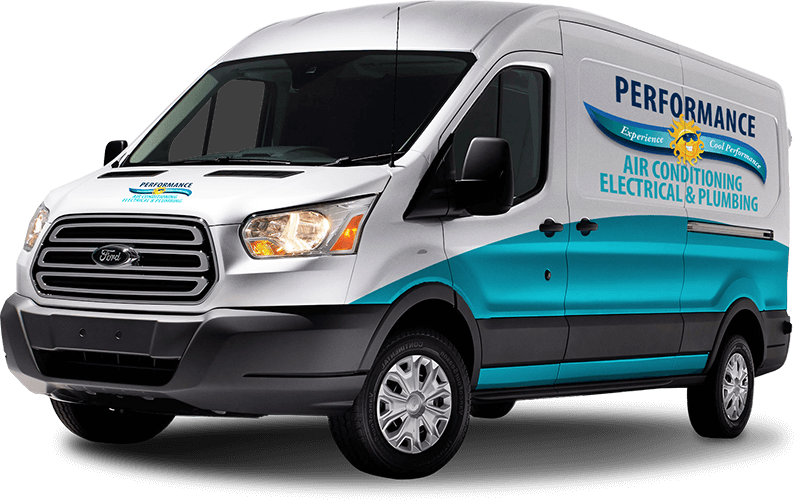
For electric car owners, keeping their cars charged and ready for the road isn’t just a good idea. It’s an absolute necessity. With more people investing in these eco-friendly vehicles over traditional gas cars, more towns and businesses are investing in public car chargers to make it easier for drivers to top off their batteries throughout the day. However, the number of easy-to-access charging stations is still limited, and finding an open spot to charge your vehicle is only sometimes feasible.
Unfortunately, those convenient public charging stations aren’t always free. If you rely on them to keep your car charged up, you can pay far more than you’d spend on gas. That’s why investing in an in-home electric car charger is worth the investment. Before choosing a charger for your car, you must understand why having one at home is such a great idea. So here’s what you need to know.
How Far Can an EV Go On a Full Charge?
The exact distance that your electric car can travel with a full charge depends on the battery you have. With that said, most electric vehicles have an average distance on a full charge of 100 and 400 miles. That range is enough for most drivers to go several days between charges without completely draining their batteries.
However, if you drain your batteries while away from home, you’ll have to track down a charging station to top them off. Finding a charging station can be extremely challenging, depending on where you are. Additionally, it can take time for your car’s batteries to charge long enough to get you home safely.
How Long Does It Take to Charge an Electric Car at a Charging Station?
The exact time it takes for your car to charge at a charging station varies depending on the charger you’re using. The average EV charging speed with level 1 chargers is two to five miles per hour. The average charging speed for level 2 chargers is ten to 20 miles per hour. With level 3 chargers, drivers can expect 180 to 240 miles per hour of charging.
Read also: The Different Types of Electric Car Chargers Explained
Are Portable EV Chargers Worth It?

Though charging stations can provide faster charging times, they’re only sometimes available or conveniently located when you need them most. Portable electric car chargers let you top off your batteries wherever you are, even if you’re hundreds of miles from the nearest charging station.
How a Portable EV Charger Works
Unlike in-home car chargers, a portable electric car charger can travel with you. They feature a high-capacity battery bank that you can charge at home using a standard 120-volt outlet. The entire charging unit is small enough to fit inside your car and can provide between 20 and 50 miles of range before depleting the portable battery. As with any car charger, you’ll plug your car in just as you would at home.
Power Comparison vs. Regular Car Charging Stations

Portable chargers are powerful, but the size of their battery limits them. Smaller chargers will offer less power and give drivers less range per charge. Larger portable chargers offer greater power and faster charging speeds with longer ranges per charge.
However, portable chargers pale in comparison to regular car charging stations. Permanent units are tied to the electric grid and can charge your car much faster because they can access greater voltage. Since they’re not limited to a set capacity, they can charge your car until the batteries are full.
That’s why having access to both permanent charging stations and portable units is a good idea. The permanent charging station will help keep your car charged for everyday use while the portable unit will give you just enough range to get back to a dedicated charging station should your batteries run out while you’re on the road.
Pros and Cons

If you’re trying to decide if a portable charger is right for your driving style, you need to understand its benefits and potential drawbacks. These are a few of the top pros and cons drivers should keep in mind:
Benefits of portable EV chargers
1. They travel with you
Portable chargers can go with you, so you’ll never be completely stranded if your batteries run out of juice.
2. They’re compact
Portable chargers are small enough to fit in your trunk without taking up the entire space. You’ll still have room to haul gear, groceries, and other items.
3. They’re cheaper to install
Portable chargers can charge off of any standard wall outlet and don’t have to be hardwired into your home. You won’t have to hire a technician to handle the electric car charger installation in your home.
Disadvantages of portable EV chargers
1. They have small capacities
Portable chargers can only provide a small amount of range with every charge. They won’t be able to charge your car from empty to full.
2. They’re heavy
Portable chargers are cumbersome and can be challenging to maneuver when you need to use them.
3. Slow charge speed
Portable EV chargers are more of an emergency solution than a long-term one. As a result, most portable EV chargers have a much slower charge speed than regular EV charging stations.
Can You Have an EV Without a Home Charger?
While you can have an electric vehicle without a dedicated home charger, it’s not the best idea. Without a home charger, you’ll be entirely dependent on public charging stations that may not be conveniently located near your home or workplace. Though portable chargers can help extend your range, they’re not large enough to be the only charger you use.
Home Electric Car Chargers

Home chargers are able to charge your vehicle overnight and are powerful enough to keep your batteries topped off and charge them to max capacity when they’re empty. For most drivers, in-home chargers are a great investment and can make driving an electric vehicle just as easy and convenient as driving a gas-powered car.
Benefits of In-Home Car Chargers
In-home chargers offer a number of benefits to electric vehicle owners, including the following:
1. Infinite charging capacity
Home chargers provide a steady stream of electricity as long as your car stays plugged in. They’ll never run out of electricity as portable chargers do.
2. Better long-term affordability
Compared to public charging stations, most in-home chargers will cost you less to keep your car topped off. You only have to pay your normal residential electric rate.
3. Wide range of options
You can choose between level 1, level 2, and level 3 chargers so you can install the best type of charger for your driving habits and your budget. Keep in mind that you’ll need to schedule an electrical inspection and rewiring consultation to make sure the system works properly and is safely installed in your home’s circuit.
Electric Car Charger Installation
If you’re ready to install an in-home electric car charger, there are a few things you’ll want to do first. Start by looking for state grants for installation to reduce upfront costs. Most homeowners will qualify for at least one Florida electric car charger installation rebate to reduce their out-of-pocket expenses. You’ll also want to look for a certified electrician who is fully licensed and insured. They’ll be able to install your system quickly and ensure that it works the way it’s supposed to.
The team at Performance Air Conditioning Electrical & Plumbing can handle all types of in-home electric vehicle charger installations and offer affordable financing options so you can invest in a charger that meets all your needs. Our electric vehicle charger technicians are fully licensed and certified, so you’ll know that your system will work properly as soon as it’s installed. Schedule an appointment online today to let our team help you find the best charging station for your home and driving habits.

